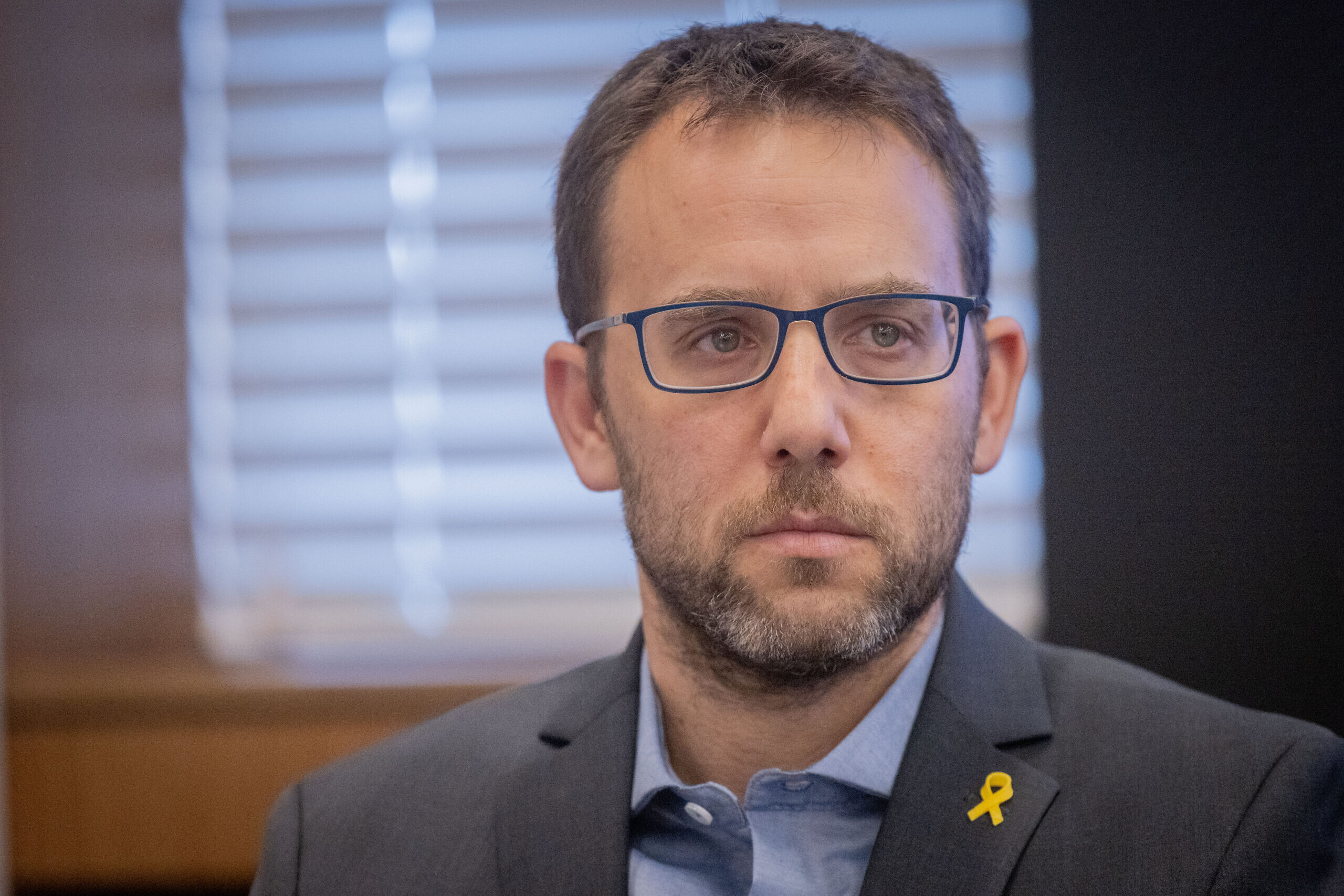- Indonesia protectionist policy to draw investment misguided: Economists
- Bowen Coking Coal Insiders Still AU$425k Away From Original Investment Value
- Google joins $90M investment into Cassava to bolster Africa’s digital infrastructure
- Trump and Japanese tech firm Softbank announce $100 billion investment
- Is PDD Holdings (NASDAQ:PDD) A Risky Investment?
(Dec. 25, 2024 / JNS)
You are viewing: Foreign investment in Israel surged in 2024, despite conflict
Preliminary numbers for the first half of 2024 show a 15% increase in foreign investment in Israel, according to the annual report of the Chief Economist’s Office of Israel’s Finance Ministry, published on Tuesday.
With the exception of a major investment by Intel, 2023 saw a 24% decline in foreign investment in Israeli hi-tech compared to the previous year, the report states, according to Israel’s Globes business daily.
Only 1,563 deals were concluded in 2023, compared to 2,502 in 2022—a drop of 62%. Key investments included Thales SA’s $3.6 billion Imperva merger and Adani Group’s $1.2 billion Haifa Port acquisition. Semiconductor investments led sectoral distribution at 48%, followed by IT at 31% and life sciences at 6%.
See more : SMArtX Advisory Solutions Unveils Q4 Select List Highlighting Elite Investment Strategies
U.S. investors dominated the market, contributing $24 billion, representing 73% of total foreign investments. French investments reached $3.7 billion, taking the second-place position.
By contrast, preliminary 2024 data shows first-half investment volumes of $11.8 billion across 910 deals. First-quarter investments totaled $4.4 billion with 460 deals, while second-quarter figures reached $7.4 billion with 450 deals. In October 2024 alone, the hi-tech sector brought in more than $1 billion in foreign investments.
“The global trend of a slowdown in foreign investment flows in 2023 also affected Israel. Investment volumes in Israel in 2023 were bolstered by Intel’s significant investment deal, while the country faced challenges, particularly in the fourth quarter, due to the ‘Iron Swords’ conflict,” said Finance Ministry Chief Economist Shmuel Abramzon, according to Globes.
“Data for 2024 indicates a growth trend in foreign investment deals in Israel, and improved security and political stability are expected to support this trend further,” he added.
However, not all signs point to improvement. The year-long war with Lebanon’s Hezbollah terrorist organization devastated Israel’s north, which will cost the country more than 5 billion shekels ($1.4 billion) to repair. The damage from Iran’s missile attack on Israel on Oct. 1 alone will cost an estimated $40 million to repair.
See more : ‘Further Investment in Power’ Will Drive Big Law Business—But What About Clean Energy Projects?
In addition, the Finance Ministry in October significantly reduced growth projections for the coming year due to the ongoing conflict, causing it to make more than $10 billion in budget cuts while aiming to limit the deficit to just 4% of GDP. An additional step the ministry has taken to right the ship and lower the deficit from its current 8.1% of GDP to its target goal of 4% was to raise VAT to 18% beginning on Jan. 1, 2025. This increase is expected to cost Israeli families between 1,000 to 2,000 shekels ($274 to $548) annually.
You have read 3 articles this month.
Register to receive full access to JNS.
Already registered? Log in for full access
/* php if ($post_type != ‘spotlight’ && $post_type != ‘wire’ && !$article_comments_hidden): */?>
Source: https://magnacumlaude.store
Category: News

